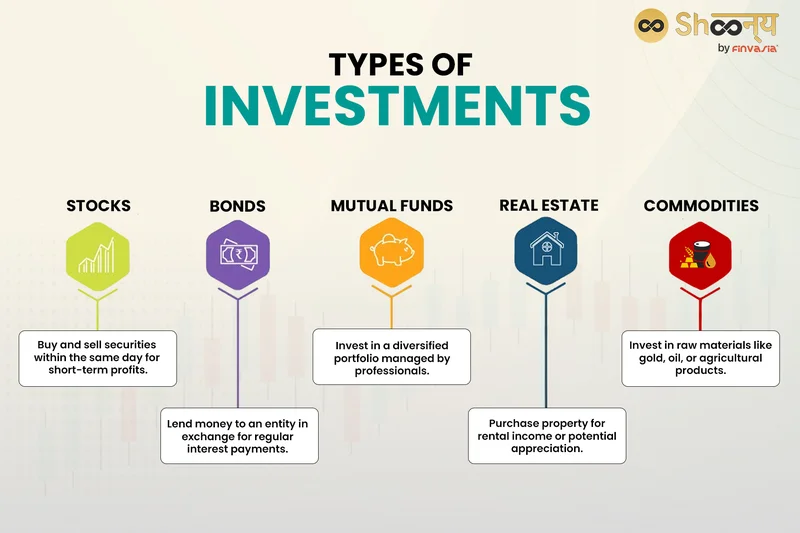The QQQ ETF: A Clinical Look at Its Performance and Future Outlook
Is the 'Smartest AI ETF' Just a Tech Index in Disguise?
There’s a headline making the rounds that’s so perfectly tailored to the current market moment it feels algorithmically generated: The Invesco QQQ Trust is being touted by The Motley Fool as The Smartest AI ETF to Buy With $1,000 Right Now. It’s a compelling pitch. It combines the three most seductive words in modern retail investing: "smartest," "AI," and "ETF."
But then, a curious discrepancy emerges. The very same organization’s premium "Stock Advisor" service, which curates a list of their top 10 stock picks, doesn't include the QQQ. Imagine a restaurant where the public-facing menu advertises a specific dish as the "Chef's Ultimate Recommendation," but when you sit down for the exclusive tasting menu, that dish is nowhere to be found.
This is the kind of data conflict that always gets my attention. It forces a fundamental question: Is the QQQ truly a savvy, targeted play on the future of artificial intelligence, or is it simply a familiar, tech-heavy index fund being dressed up in a new, fashionable outfit for the AI gold rush? Let’s look at the numbers and see what story they tell.
Deconstructing the QQQ Engine
First, let's be precise about what the Invesco QQQ Trust (ticker: QQQ) actually is. It’s not some nimble, new fund engineered from the ground up to capture the AI revolution. It’s an established titan in the ETF world, with nearly $400 billion in assets, that simply tracks the 100 largest non-financial companies on the Nasdaq. It’s been doing this for a long time, and its historical performance is undeniably impressive—a $1,000 investment in October 2015 would be worth over $6,200 today.
The argument for its "AI" credentials rests almost entirely on its heavy concentration in a handful of stocks. The so-called "Magnificent Seven"—Apple, Microsoft, Alphabet, Amazon, Nvidia, Tesla, and Meta—make up a staggering 44% of the fund’s entire portfolio. To be more exact, that concentration figure fluctuates daily, but it consistently hovers in that mid-40s range. Because these companies are all heavily invested in AI, the logic follows that buying QQQ is an efficient way to buy into the AI theme.
This is where the analogy of a "greatest hits" album becomes useful. Buying QQQ is like buying a compilation of the biggest chart-toppers of the last decade. You get all the famous, reliable performers that everyone knows. You get Microsoft's cloud dominance, Nvidia's chip supremacy, and Google's data empire. It’s a solid collection. But a greatest hits album, by its very definition, can’t include the deep cuts or the experimental new tracks from an up-and-coming band that might define the next decade. Is this concentrated exposure to mega-cap tech an intelligent AI strategy, or is it just a massive, passive bet on the status quo?

The fund's construction isn't based on a forward-looking thesis about which company has the most promising AI research. It’s based on market capitalization. The bigger a company gets, the bigger its slice of the ETF becomes. This is a momentum strategy, not an intelligence strategy. It's a mirror reflecting what has already succeeded, not a lens focused on what will succeed next.
The Contradiction in the Recommendation
This brings us back to that fascinating internal contradiction. Why would one arm of a financial media company label QQQ the "smartest" AI play, while its own flagship stock-picking service omits it? We can't know the internal conversations, but we can analyze the incentives.
Writing an article recommending a massive, liquid ETF like QQQ is a low-risk, high-engagement move. It appeals to a broad audience, it's easy to understand, and its past performance makes for a great chart. The ETF’s expense ratio is a reasonable 0.20% (a standard fee for a fund of this scale and type), and its brand is well-established. It's a safe recommendation.
I've looked at hundreds of these corporate reports and public statements, and this particular kind of messaging divergence is something I find genuinely puzzling. It often suggests a split between a content-marketing strategy designed for broad appeal and a core research team focused on identifying alpha, or market-beating returns. The "Stock Advisor" team is tasked with finding the next Nvidia, not just telling you to buy the current one along with 99 other companies. Their silence on QQQ implies that they believe superior returns lie elsewhere, in more concentrated, individual stock picks that require more conviction.
Does this make the QQQ a bad investment? Absolutely not. It has been a phenomenal vehicle for capturing the growth of the digital economy. But calling it the "smartest AI ETF" feels like a category error. It’s like calling a grocery store a five-star restaurant because it sells high-quality steak. You can get steak there, but you’re also getting milk, bread, and a hundred other things. You aren't getting a curated culinary experience; you're just buying the whole aisle. What does an investor seeking pure, unadulterated exposure to the AI revolution actually get with this fund? And what do they miss out on by choosing this broad-market approach over a more focused strategy?
The Index in AI's Clothing
Let's be clear. The Invesco QQQ Trust is a perfectly good, low-cost instrument for gaining exposure to the largest and most successful technology and growth companies in the United States. It has served that purpose exceptionally well for years. But the attempt to rebrand it as the "smartest" targeted AI play is a masterful piece of marketing that stretches the definition to its breaking point. It's taking a product that succeeded for one reason (capturing mega-cap tech momentum) and retroactively assigning it a new, trendier narrative.
The "intelligence" of this ETF isn't in its selection process—which is passive and automatic—but in the brilliance of the companies it happens to hold. An investor buying QQQ today isn't making a sophisticated bet on the future of artificial intelligence. They are making a bet that the handful of trillion-dollar companies that dominate the market today will continue to do so tomorrow. That may prove to be a winning bet, but it is not the same thing. The smartest move for an investor isn't to blindly accept the "AI ETF" label, but to understand what they are actually buying: a broad, market-cap-weighted tech index, for better or for worse.
Related Articles
Julie Andrews: Why Her Legacy Endures Beyond Her Iconic Voice
I spend my days analyzing systems. I look at code, at networks, at AI, searching for the elegant des...
Analyzing 2025's Investment Landscape: What the Data Reveals About Top Asset Classes vs. Low-Risk Alternatives
There's a quiet, pervasive myth circulating among the baby boomer generation as they navigate retire...
GMA's Deals and Steals: A Surprising Glimpse into the Future of Retail
I want you to look past the popcorn tins and the splatter guards for a moment. On October 11th, a se...
Powell's Speech: Decoding the Market Impact and Future Rate Cuts
All eyes are on Washington, D.C. tomorrow. Not on Congress, not on the White House, but on a single...
Adrena: What It Is, and Why It Represents a Paradigm Shift
I spend my days looking at data, searching for the patterns that signal our future. Usually, that me...
Marriott Bonvoy: Rage and Ruined Holidays – What Reddit is Saying
Alright, let's get this straight. Marriott, the hotel behemoth, pulls the plug on its deal with Sond...





